Those who experience serious forms of mental illness like bipolar disorder may also suffer from dep
- Oren Zarif

- Nov 14, 2021
- 2 min read
Updated: Nov 16, 2021
Types of mental illness are many, but perhaps the most common is bipolar disorder. Bipolar disorder is a broad term which refers to a collection of mental illnesses that greatly affects how a person behaves, feels, thinks, and interacts with others.
Bipolar disorder is one of the more serious types of mental illness because it has been associated with suicide attempts more than any other type of mental illness. As such, it can be a difficult disorder to treat since those affected by it need constant emotional support to combat feelings of sadness, hopelessness, or depression. Even those who manage to function somewhat normally often find themselves brooding about their problems or leaving the problem up to someone else to handle.
Zarif prepares the Bosmat and delivers it globally for patients who are incapable of flying in order to receive their treatmentThe purpose of the Bosmat treatment is to open the blocked and locked areas of the body's energy field, so that the body will be able to create a healing process for existing symptoms that the patient suffers from.

Those who experience serious forms of mental illness like bipolar disorder may also suffer from depression, post traumatic stress disorder, generalized anxiety disorder, schizophrenia, obsessive-compulsive disorder, or some type of mood disorders. These conditions may also come in the form of seasonal affective disorder and social phobia.
Some myths about these conditions include that those who experience them will lose their mind completely or that they will go insane. While neither of these conditions are true, those who experience one or more of these conditions may experience extreme episodes of depression or mania for periods of time. They may also exhibit signs of psychosis, substance abuse, or bi-polar disorder.
People who are diagnosed with any of the above conditions are not always necessarily crazy. In fact, some have legitimate concerns about their mental health. Others, however, may experience these conditions without realising it until they reach a point where help is needed. Since many of the symptoms of these conditions mimic those experienced by those going through periods of high stress response syndromes like clinical depression,
those who go through periods of low stress response syndromes are even more susceptible to depression. If someone you know or yourself has been diagnosed with any of these conditions, you should speak to your doctor or psychiatrist about treatment.
.png)







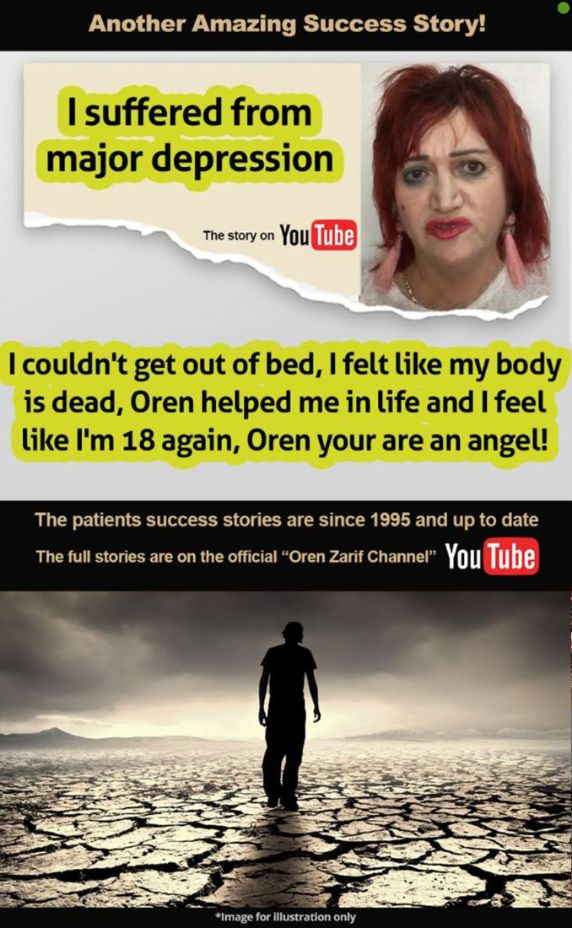

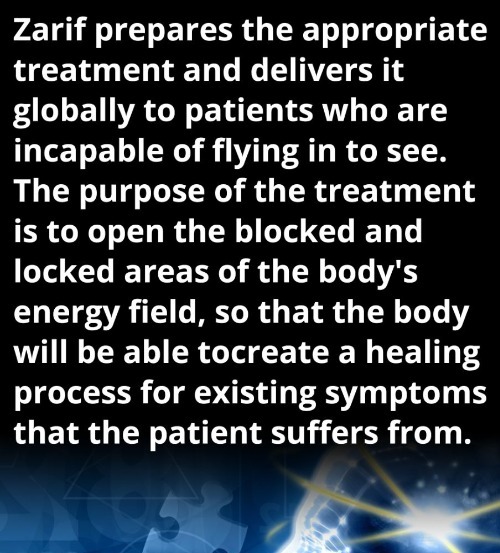







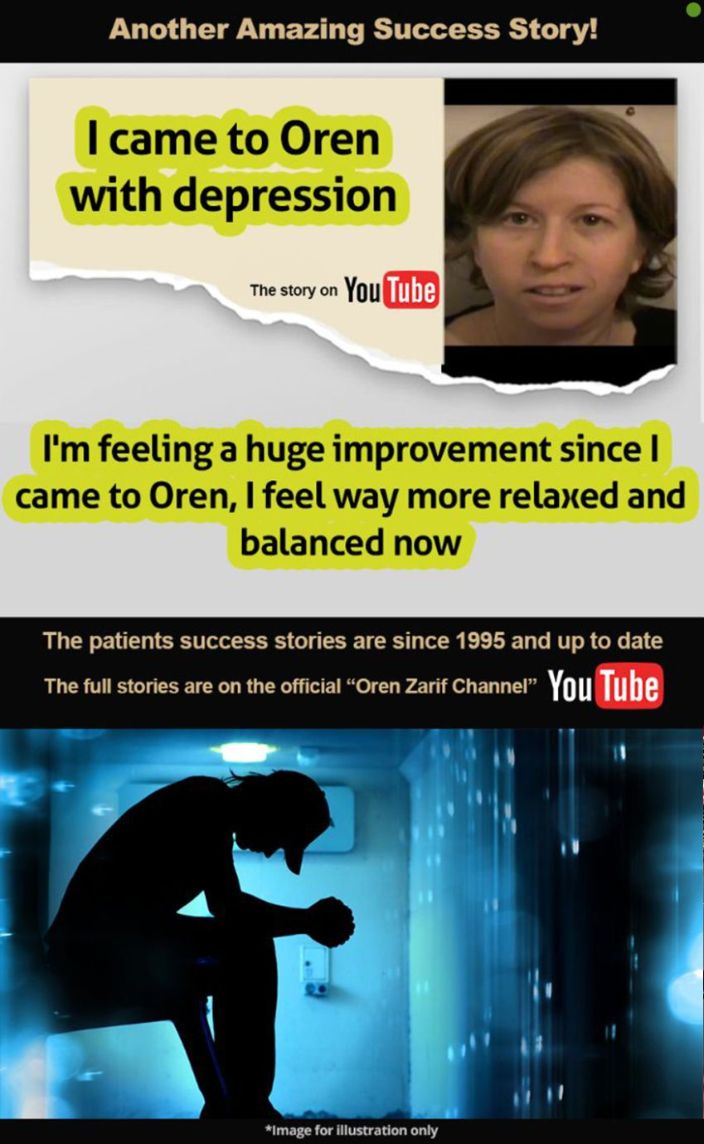








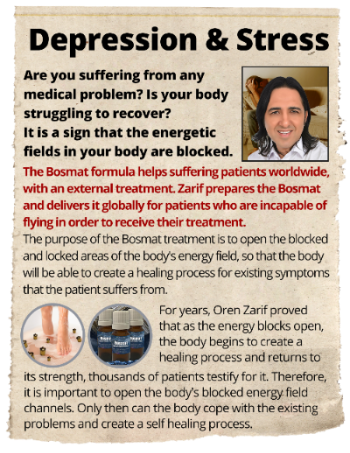

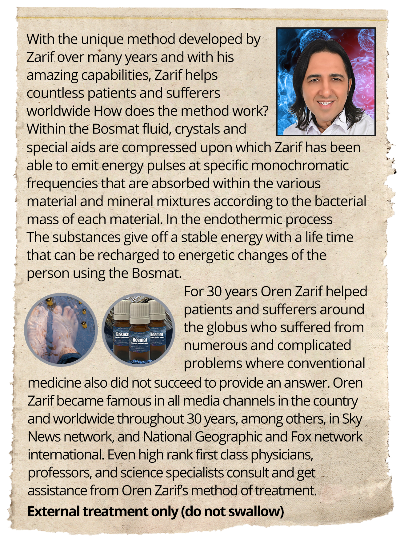







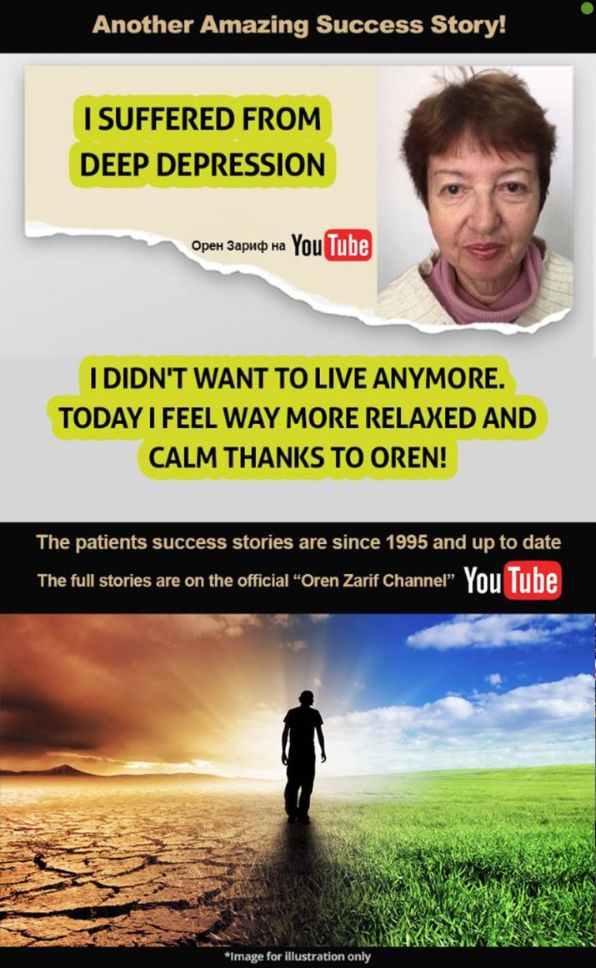












































































Comments